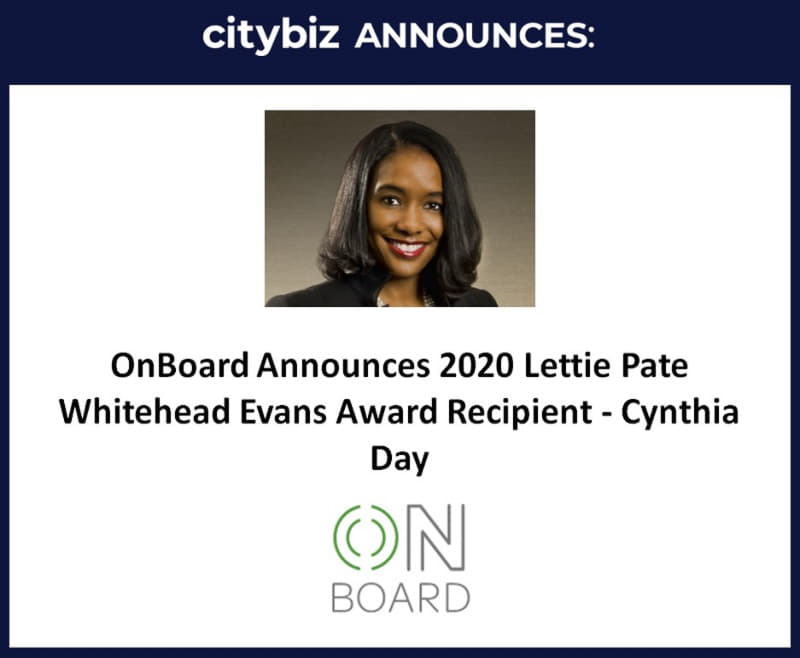
Dr. Marcus Jackson
Quantitative testing and reporting are often used to evaluate and promote academic achievement. However, many educators and school administrators recognize that this is not enough to sustain success. Rather, continued growth requires internal motivation. Therefore, in order to promote academic achievement, educators and school administrators must work diligently to inspire motivation. There are many ways to do so, but, above all, a trusting relationship will be required between student and teacher.
As an educator and school administrator, Dr. Marcus Jackson has dedicated his career to helping develop sustained student growth and achievement. He has done extensive work at schools in Atlanta, Georgia, leading to academic and social improvement among students at all levels. Currently, Dr. Jackson is an administrator for the district school system in Lake Charles, Louisiana, where he focuses on student inspiration and growth. In addition to his leadership roles in Atlanta and Lake Charles, Dr. Jackson is a published author. His recognized work includes several articles written for various publications, as well as two books, “Because My Teacher Said I Can” and “School and Life Living in the Middle.” Dr. Jackson shares his insight into how teachers, school administrators, and other educators can inspire student growth and achievement.
Promoting Personal Motivation
Internal motivation is the most influential aspect of student growth and achievement. Students can be encouraged to learn and participate by extrinsic factors, such as grades and test scores, but only to a certain degree. These extrinsic motivators on their own are not enough to foster the effort and attention required for sustained academic achievement. Rather, students must feel a personal desire to learn and succeed. This is especially true for success in the face of challenges and adversity. To inspire internal motivation, Dr. Marcus Jackson highlights the importance of building strong and trusting relationships with students. Educators must display strong leadership skills, while also earning the respect of their students. In addition, involving students in the learning process can be helpful. This may include decision-making about learning outcomes (to an extent) and how success will be measured. A positive and nurturing classroom environment is also important, as well as the ability for educators to relate information to the real-world.
Building Strong Relationships
The ability to develop strong relationships with others is necessary for any leadership position, including as an educator. The main purpose of this is to build trust. Trust between teachers and students is essential for motivation and success, as it portrays the educator’s genuine commitment to seeing their students succeed. The best way for educators and school administrators to build trusting relationships with their students is to focus on getting to know each student individually. This can be done using school projects that allow students to incorporate aspects of their life and personality. Dr. Marcus Jackson, who has done extensive academic work in Atlanta, GA, suggests teachers take part in these types of activities as well, as sharing parts of themselves with students can be helpful in gaining trust.
Allowing for Autonomy in the Classroom
Educators can promote engagement and student inspiration by allowing them to have a say in what they learn and how they learn it. While it may not be possible to alter core topics, teachers can involve students in developing lesson ideas and projects. This strategy helps attain buy-in from students, who will be much more motivated to participate and succeed when they have a hand in determining what it is, they will be doing. In addition, by involving students in lesson planning, educators not only encourage participation and engagement, but also ensure that they teach subjects in a way that is conducive to their students’ learning styles. As well, educators can often involve their students in developing learning goals and the way that these goals are evaluated. This promotes personal motivation, as students are more likely to be motivated to reach goals that they set for themselves. Incorporating students’ ideas in the classroom will also help to build trust and respect by demonstrating to them that their input and opinions are valued and that their success is paramount.
Building a Positive and Nurturing Environment
Above all, for students to succeed and grow in the classroom and as individuals, they require a positive and nurturing environment. This allows them to feel safe to express themselves and to share their thoughts, questions, and opinions, all of which are important for academic success. In fact, Dr. Marcus Jackson saw great success in inspiring student growth through building nurturing and positive environments during his time as an educator and school administrator in Atlanta, Georgia. There are many ways that educators can help to create a positive classroom environment. Dr. Marcus Jackson suggests that open communication is very important for building this type of atmosphere. First and foremost, offering feedback in a positive and constructive manner is essential. Rather than supplying occasional written reports, educators should focus on having conversations with their students about progress and possible improvements. Incorporating self-evaluation can also be helpful. By allowing students to reflect on their performance and how they can improve, educators can promote personal growth and academic achievement.
Dr. Marcus Jackson on Focusing on the Real World
Many students lack motivation when it comes to topics that they don’t find relevant to their daily lives. Math, for example, is often underappreciated by students because they fail to see how this information is beneficial to them in the real world. To overcome this obstacle, Dr. Marcus Jackson suggests that educators focus on highlighting the connections that their lessons have to the real world. Teachers might also consider demonstrating how students can use information in the future and ask students for their input on these connections. Not only is this helpful for motivating attention, but it is also beneficial in helping students to retain what they learn. Making lessons and assignments relevant by using topical examples and delivery methods can also be useful. For example, educators may introduce topics using technology or assign projects that incorporate some aspect of social media. By doing so, students will be more engaged and motivated to participate. Alternatively, lessons and assignments based on realistic tasks can promote student inspiration. For example, incorporating a local cause or real-world problem into a lesson and assignment will commonly inspire students to succeed.










